This the premium edition of Future Crunch. We're making it available to all subscribers for the next 88 days. After the 16th November 2020, you'll have to become a paid subscriber, or you can choose to keep getting the free edition. You can upgrade your subscriber status here.
Good news you probably didn't hear about 🌈
While 2020 has been a terrible year for fossil fuels, it's been an incredible one for renewables. Despite a record drop in power demand, wind and solar's share of global electricity has increased from 8.7% to 10% in the first six months of the year. The biggest winner has been offshore wind, with orders up by 319%, making it the fastest-growing industry in the world right now. Science Alert
The Global Vaccine Alliance has just announced that 92 low- and middle-income countries and economies will be able to access COVID-19 vaccines through its channels. “We now have the framework in place to ensure that no economy, particularly the poorest nations, gets left behind.” (Gavi)
According to a new study, mortality rates from the most common form of lung cancer have fallen sharply in the United States. "For the first time, nationwide mortality rates for non-small cell lung cancer are declining faster than its incidence, an advance that correlates with the FDA's approval of several targeted therapies for this cancer in recent years.” NIH
Kenya's Wildlife Service says its elephant population has more than doubled from 16,000 in 1989 to 34,000 today. The number of elephants poached is also down significantly from previous years; just seven this year, compared to 34 in 2019 and 80 in 2018. Meanwhile, 140 baby elephants have been born in the Amboseli National Park since the beginning of the coronavirus pandemic. DW
Remember the insect apocalypse? While it was a worrying piece of news, most of the evidence came from Europe. New research has now shown that there has been no equivalent decline in the United States. Populations are down in some areas, but up in others, resulting in net abundance and biodiversity trends that are generally indistinguishable from zero. In other words, American insects are generally doing fine (bet you didn't hear that in the evening news). Nature
At the turn of this century, Staten Island's landfill was the largest garbage dump in the world, three times larger than Central Park, with trash mounds 20 stories high oozing noxious methane and leaking bin juice into waterways. Today, it's a green oasis and one of the most unlikely urban ecological restoration success stories of all time. The radical fix? Bury the rubbish, plant some grass and do nothing for 20 years. NYT
Indistinguishable from magic 🐇
At last, the search is over. Meteorologists have finally confirmed the existence of Planet Earth's piano strings - a chorus of continent-sized pressure waves that periodically sweep around the globe, covering it in a patchwork quilt of high- and low-pressure zones. First posited by a French scientist in the late 1700s, the waves have resisted detection for centuries until now, thanks to an exquisite new meteorological data set. "This is a really beautiful piece of work." Quanta
A company in Seattle has just built the world's fastest electric speedboat. The Zin Z2R is built around a BMW battery pack, and because the weight sits on the bottom rather than in the stern, when you put the hammer down, instead of tilting up first the boat simply leaps ahead. Another reminder that as electrification picks up speed all forms of transportation are going to evolve. Clean Technica
Neuroscientists have discovered a brain hack that improves the ability to acquire language by up to 13%. The reason learning new languages later in life is difficult is because the adult brain no longer has the same plasticity that it does in childhood. Using a small stimulation earpiece, this device temporarily boosts attention span over large areas of the brain, making it easier for new stimuli to be processed. Inverse
Researchers from Australia and Sweden have developed a 3D-microprinted camera on the end of a wire that's small enough to scan images from inside the blood vessels of mice. The lens sits on the end of an optical fiber no thicker than a human hair, allowing doctors to monitor the development and formation of arterial plaques. The device may help us better understand the thing that kills more people than anything else: heart disease. Photonics
A machine-learning geek has used a variety of publicly available algorithms to colorize, sharpen up and smooth out old movies. All of the films are touched up to 4K resolution, creating a more easily accessible glimpse of what life was like more than a century ago. So many hats! (and a striking reminder of how far we've come - in a 1901 film, child laborers peer curiously into the camera's lenses in a town in North England). Also, MOON BUGGIES. Wired
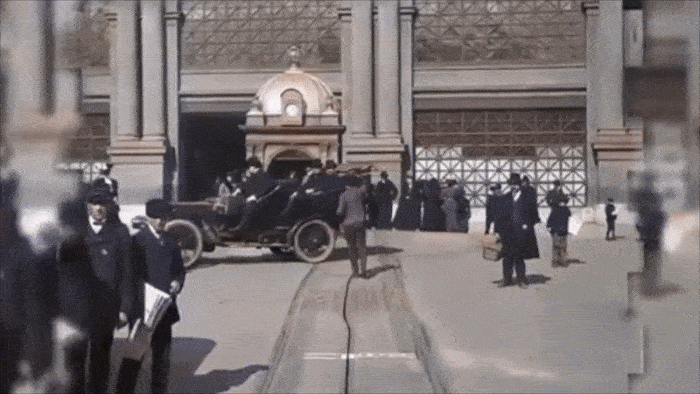
Off the beaten track in the Dark Forest 📡
Hannah Lendecker's incredible essay about our relationship with food contains one of the best new ideas we've come across in a long time - that we need to ditch the old metaphor of food as fuel, or building blocks for the machinery of the body, and think about it instead as a conversation between us and other living organisms. Food is a "metabolic partner rather than a dumb substrate". Neoma
Software might be eating the world, but every now and again the world bites back. This is the story of how the most ambitious smart city project in North America, backed by one of the most powerful corporations on the planet, was defeated by a small group of Toronto activists, and one disaffected tech billionaire. A harbinger of the much bigger privacy wars still to come. One Zero
A love letter from Clair Wills to amateur dancing. "The memory into which you step as you begin to dance includes all the dances you’ve ever danced before, all the partners you’ve ever had, all the practice you’ve put in, all the music you’ve listened to, all the Fred Astaire and Ginger Rogers and Nicholas Brothers you’ve ever watched. But the dance itself has no memory." NY Books
We've recommended the Long Now Foundation before. If you're looking for mind-expanding talks to watch while you're in lockdown, put down that Youtube algorithm and step right this way please. Start with Nicky Case's brilliant explanation of systems thinking, or if that's not your cup of tea, perhaps Neil Gaiman's tour de force on how stories stay alive. Interwebz at its best.
Russian urban explorer Lana Sator read about a last-of-its-kind, Cold War era, top-secret Soviet naval vessel called the ekranoplan that could skim above the waves, evading radar and anti-ship mines. At 1am on the morning of August 7th 2020, she and a friend stuffed cameras into watertight bags and snuck past the lone guard to take photographs and well... check this thing out. Radio Free Europe
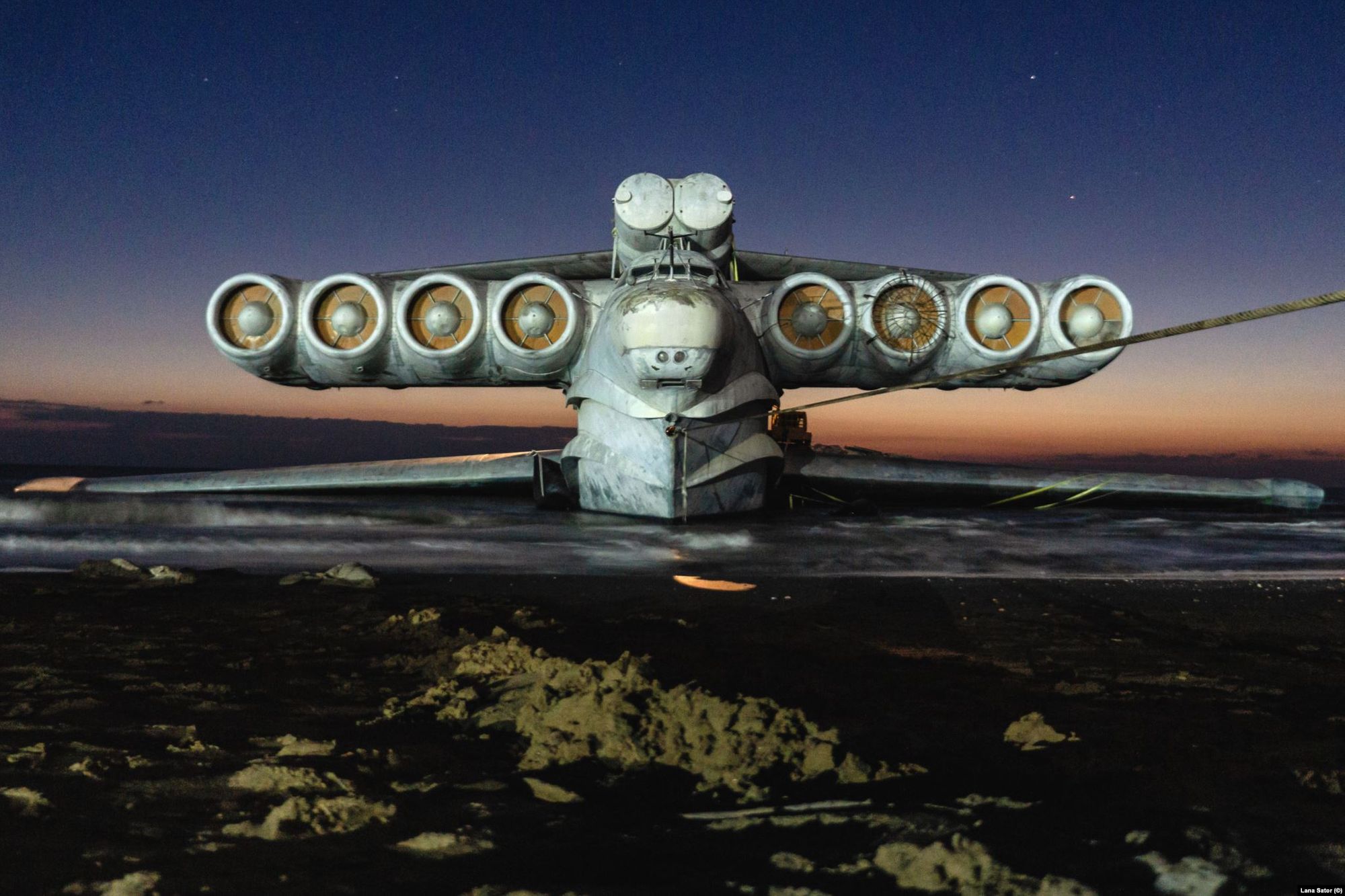

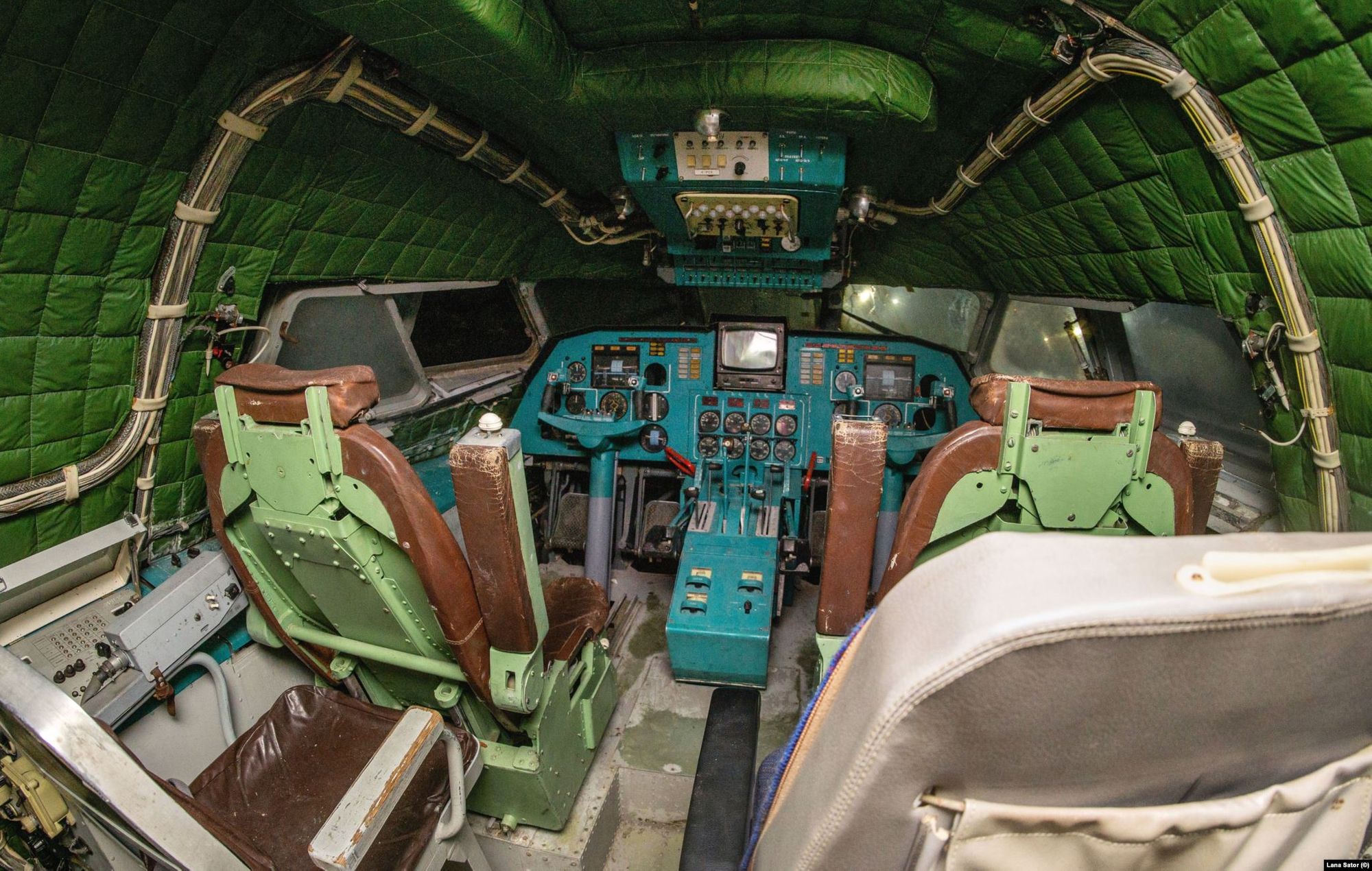
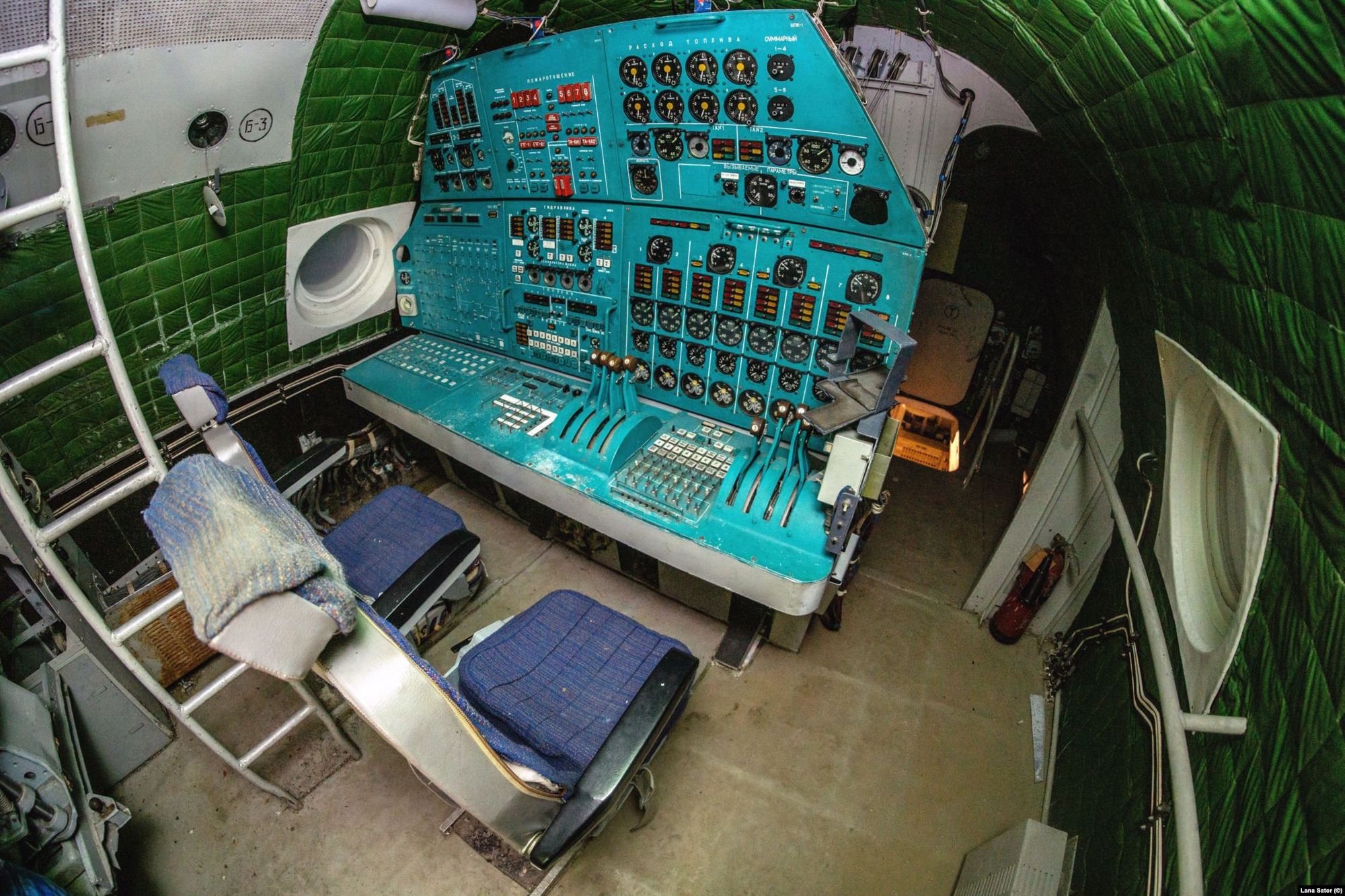
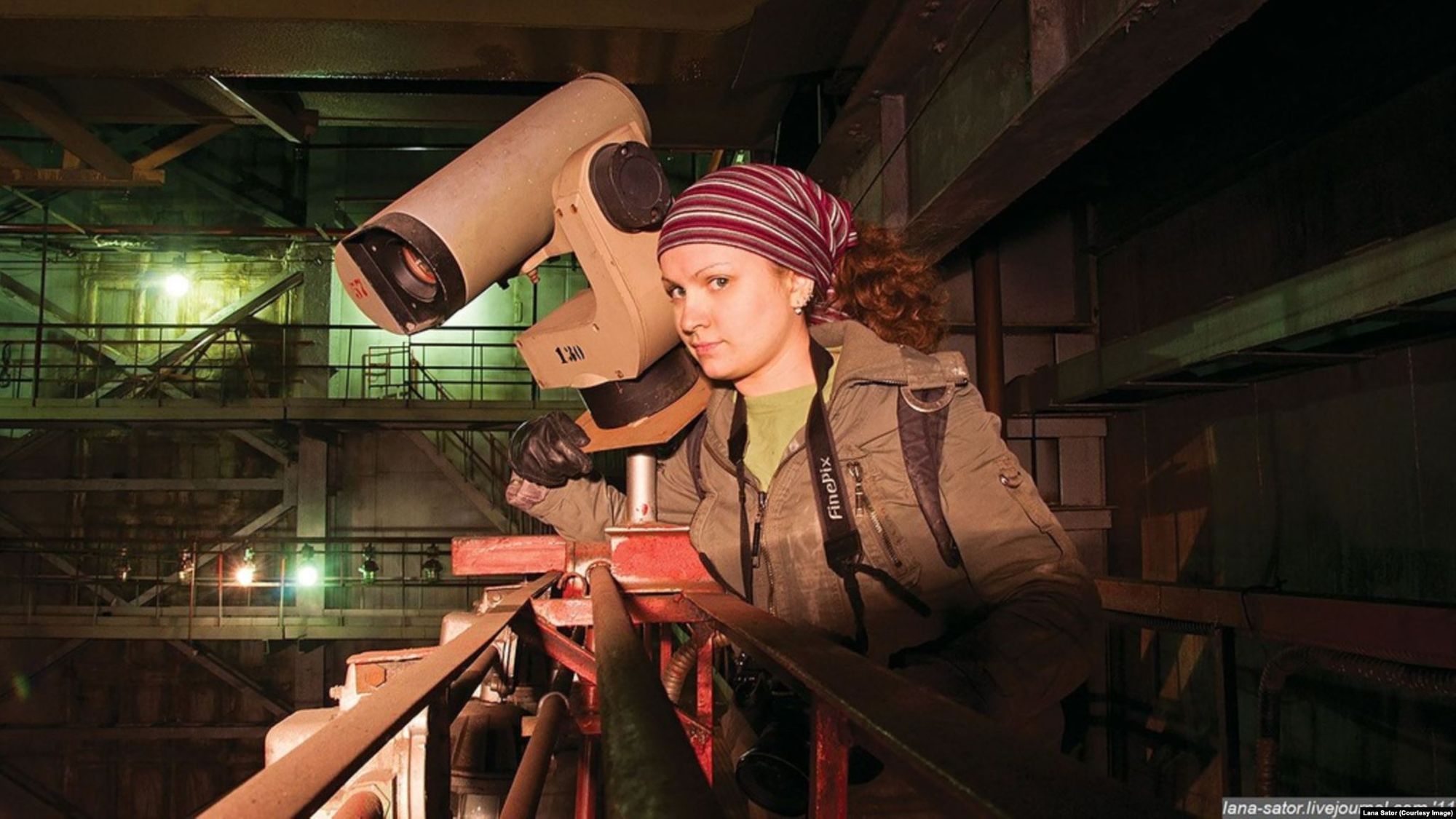
Human: Kind 🌏
Andrew Cooper and Alex Schulze are two c̶o̶l̶l̶e̶g̶e̶ ̶b̶r̶o̶s̶ surfers who grew up on the Florida coast. A few years ago, they saved up their money for the trip of a lifetime to Bali, only to discover beaches covered in plastic. When they asked a local lifeguard why the otherwise beautiful shoreline wasn’t kept clean, they were told it had been cleaned hours earlier. The trash they were wading through had only just washed ashore.
Most people either ignore the plastic crisis or complain about it on Facebook. A few though, roll up their sleeves. The two friends decided to start an ocean cleanup company called 4ocean. They didn't have any startup capital, so they decided to fund it by selling bracelets, and promising to remove a pound of trash for each one sold. They then used proceeds to employ cleanup crews in Florida, Guatemala, Haiti and Indonesia.
Since 2017, they've pulled almost 5 million kilograms of trash out of the ocean.
Give a damn 💖
Green Pedal are a NGO in Mozambique that helps farmers develop local, sustainable solutions for agriculture. One of their (many) projects is a water pump bike which gives farmers access to water to irrigate their fields. It's a super simple, low cost technology, exactly the kind of thing we love here at Future Crunch.
Each bike costs around $275, guaranteeing access to water to grow vegetables for one family. We sent them enough to pay for ten. A huge thank you to all of our paying subscribers for making this happen. Here's a message from the Green Pedal team members from across the world.
That's a wrap, we appreciate your patience as we settle in to this new flow. Keep an eye out on your inbox tomorrow, we're going to be announcing our next webinar, it's gonna be awesome. We're also working on our first Solutions deep dive and looking forward to updating you on that.
In the meantime, hang in there. When the fear reaches you, don’t cough and pass it on. Inoculate yourself, seek out solutions, stories of progress, of change and recovery. Be a carer, stem the tide and reduce the anxiety of those around you by sharing good news. It's a gift. Remember - it's almost never as bad as it looks. Don't let the bastards get you down.
We'll see you next week
FC HQ






